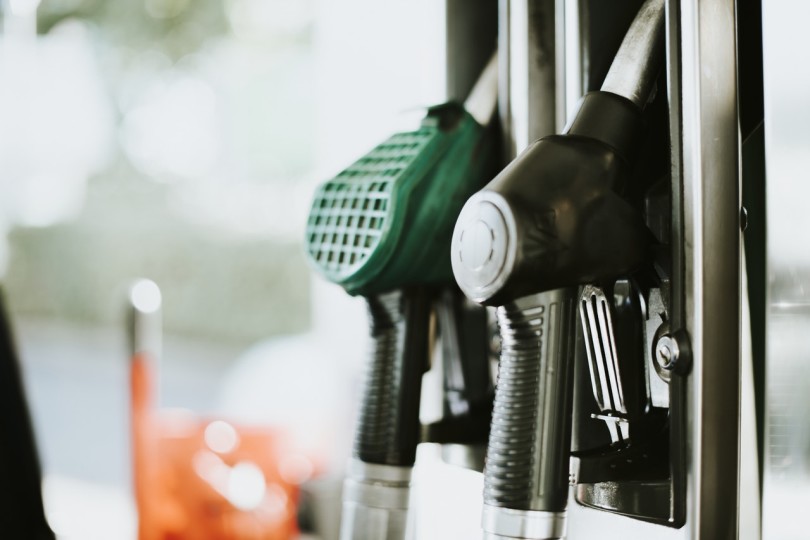Is Autonomous Driving coming to the UAE?
26 Apr 24
Lab ChatThe Global News Source for the World of Science and Chemicals
14 March 2019
Lab Chat
Fuel consumption is a global concern for a variety of reasons. But while many are focussed on avoiding an oil shortage around the world, Dubai has posed another solution to the growing demand for oil. Namely, automated public transport.
At the World Government Summit in February 2019, Mattar Al Tayer, director-general of Dubai’s Road and Transport Authority (RTA), pledged that “by 2030, 25% of all transport in the United Arab Emirates (UAE) will be automated”. 79% of those attending the summit were on board with the new initiative, realising the potential to reduce fuel consumption.
Back in 2009, the UAE launched the driverless Dubai Metro, the third largest automated metro system in the world. Initially, only 40,000 passengers were sold on the new initiative, which quickly grew to 120,000 overnight with reassurance from officials and riders of the reliability and safety of the system. Today, around 650,000 Dubai residents use the driverless metro to get around the city, accounting to 9% of the 25% automated transport goal.
It was only around 50 years ago that the third industrial revolution (3IR) was issued, and the UAE government is already moving onto the next stage. “In September 2017, the UAE issued its strategy for 4IR. The focus was on nanotechnology, artificial intelligence (AI), smart devices and digital transactions in all sectors”, says Al Tayer. He believes that easy mobility was key to each component in the new 4IR plan.
A new centre, currently being set up in Al Barsha, will begin to use artificial intelligence to meet their many goals. The Al Barsha Traffic Management Centre, which is due to be ready for Expo 2020, will use smart, automated systems to support the management of large events and address traffic concerns, including accidents and emergencies.
Increasing automated transport across the country will help to lower fuel consumption and slow climate change. Why? One of the main reasons is because it reduces congestion. However, it also allows vehicles to be designed to be more fuel-efficient. AI can be programmed to drive cars in the most fuel-efficient ways, rather than having human drivers accelerating and braking heavily, which leads to more fuel use and higher emissions.
According to Al Tayer, the new initiatives “have reduced fuel consumption by 285 million litres per year and carbon dioxide emissions by 5,000 tons annually”. Dubai is leading the way for automated transport globally, issuing a first of its kind guidebook on automated vehicles last year. They are also hosting the Dubai World Congress: “a first of its kind meet for self-driving transport in October 2019”.
DOWNLOAD PDF

2 Day Seminar Program
@ ArabLab+ 2024
24 & 25 September 2024
22 Apr 24
Lab ChatYour stay in Dubai
Labkit
Product News
Chemkit
Product News
Thinking about exhibiting at ARABLAB 2024? Watch our video to find out more.
Join the world’s leading organisations…
Join our mailing list and receive the ARABLAB newsletter and event updates.